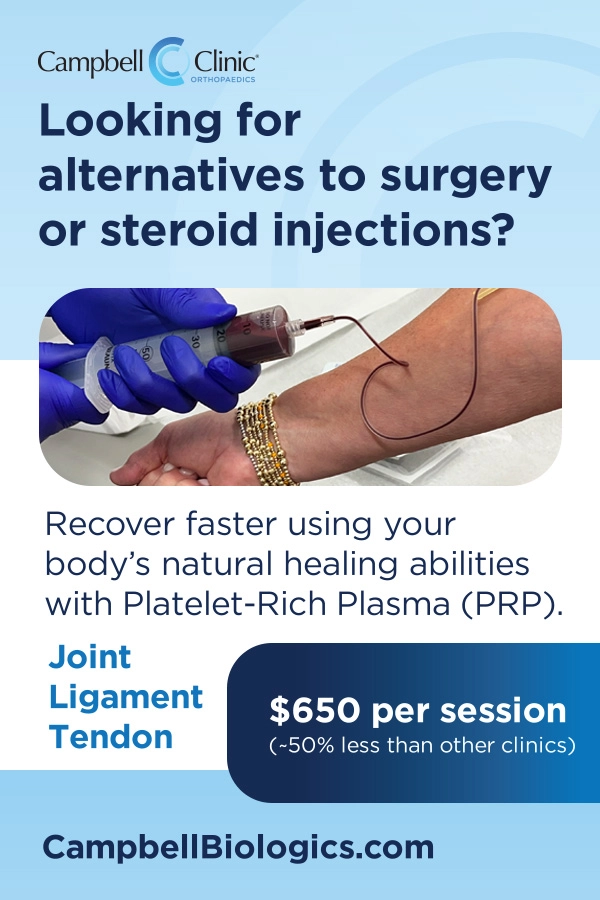Myth: I don’t need a gynecologist. I’m not pregnant, so a primary care provider can meet all my healthcare needs.
Fact: Maintaining a relationship with a primary care provider is important, but regularly seeing a gynecologist in addition is essential for women. A gynecologist will address concerns a primary care provider may not. Gynecological visits are not only for pregnant women or to have tests such as pap smears. In addition to necessary screenings and providing counsel on reproduction health and plans, a gynecologist bridges the gap between the primary care experience and the patient’s personal questions in life. There are questions and concerns women have that they are often not comfortable discussing with their primary care provider. You can and should discuss concerns related to sexual health and hygiene with your gynecologist, who understands those issues and wants to help.
Myth: I can’t always remember to take my birth control pill every day, but taking a daily pill is my only option.
Fact: There are safe and effective birth control options that give women freedom from a daily medication. Patients can have a hormonal implant inserted under the skin of their upper arm. There are also intrauterine devices (IUD) that may be either hormonal or non-hormonal. These devices will prevent pregnancy for 3–10 years depending on the type used. They also are easily removed if you wish to discontinue earlier.
Myth: Going months between cycles is just normal for some women.
Fact: This is not normal unless it is medically induced. Menstrual regularity is important, and not having a monthly cycle could be a sign of a serious problem. It is very uncommon for women to stop having monthly cycles before the age of 40. Keeping track of it is important. If a woman’s monthly cycle has stopped before 40, she should see a gynecologist for evaluation. While pre-menopause is a possibility, conditions such as polycystic ovarian syndrome (PCOS) could also be to blame. If left untreated, PCOS can lead to serious health problems including diabetes and cancer.
Myth: Hot flashes, mood changes, difficulty having sex…there is nothing I can do about these issues during menopause!
Fact: Many women have been told they just have to “deal with it” when it comes to symptoms associated with menopause and pre-menopause. This is simply not true. A woman going 12 months since her last cycle signals menopause. Typically, in her 40s or 50s, women have a natural decline in reproductive hormones. However, it is not all about the hormones, and checking hormone levels is not always the answer. A gynecologist can perform tests to rule out other medical conditions that could be causing these symptoms. Whether it is caused by menopause or something else, there are treatments and medications that can help. Women do not have to “just deal with it.”
Dr. Pallavi Khanna is an OB/GYN with Regional One Health. She sees women of all ages for their gynecological needs. Dr. Khanna has a special interest in menopause and recently achieved the Certified Menopause Practitioner designation from the North American Menopause Society. Dr. Khanna sees patients at Regional One Health East Campus at 6555 Quince Road, located at the Kirby exit of 385. To schedule an appointment, call 901.515.3100 or visit RegionalOneHealth.org.










